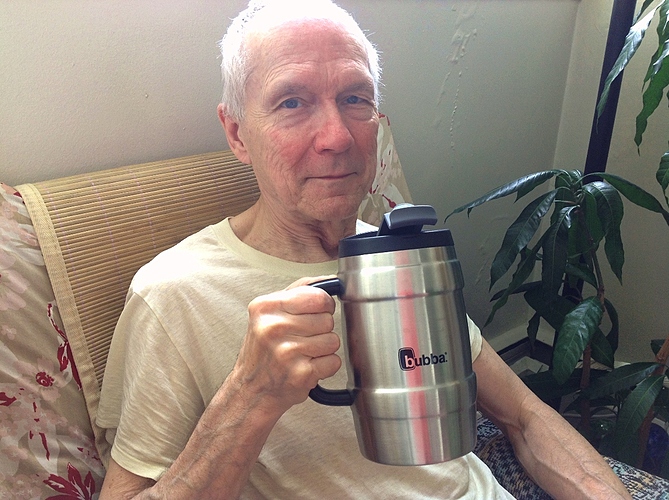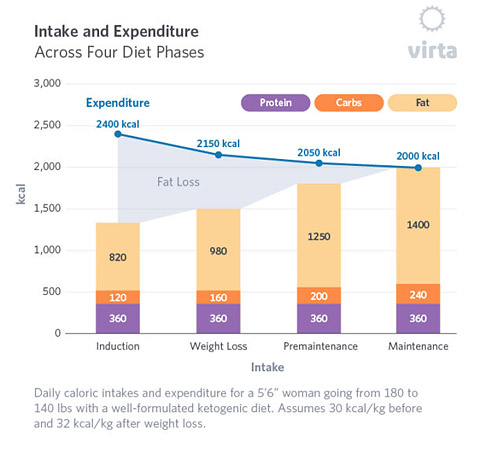Guess what I mean is I’ve been doing keto for a few months and nothing seems to really change. I’ve been trying to figure out what to do, and have been wondering if I’m not eating enough fat since I’ve been reducing my calories to be in a deficit. Been feeling depressed about not seeing any changes and finding it hard to continue. Lately been eating more protein (really caring less about portions) and not tracking macros like I used to. I’ve never seen big weight changes since starting, and I’ve always been in ketosis (breath meter). My “norm” seems to be about 3.3 first thing in the morning. The past few days I’ve tried to add a bit of fasting, at least in that I don’t eat until lunch at about 1pm. I eat dinner late usually, 8:30-9pm, up at 6am and have coffee. I have cream with it, so not exactly 100% fasting. I often run in the morning (can’t go to gym since closed during pandemic) for 30 minutes. Lunch is usually a salad with fatty chicken thigh meat and cheese about 500-600 calories. Really I get a lot of fat from cheese–if I need a snack late in the day, I often eat cheese.
I’m trying to find out if there is something I’m doing wrong, what can I do different. Been wondering if I am eating more of a low carb diet than a keto diet. Lately especially I feel like I’m shying away from fatty foods since I’m attempting to stay in a deficit. Not much of a cook, and stick to pretty simple things, often my fat source on vegetables is cheese or butter. Fatty meat. Try to stick to calorie tracking to count calories to stay in deficit. I’ve even tried not tracking macros/calories once I sort of know where the carbs in m normal foods are, and that changed nothing. My macro percentages are have averaged 62% fat, 8.5% carbs, and 29.5% protein. So you can see why I think I’m wondering about fat intake, and it might be bit higher since there are things I found hard to measure like when I have cheese sauce on broccoli. I also don’t include fat from coffee cream (not bulletproof coffee since I’m attempting to fast)
I’m 49, 6’1, 208. My scale says I’m 29%bf. Over the past few months that percentage has not changed more than a few tenths. Accurate or not, I’m more concerned with weight going down. I’ve fluctuated a bit but no big losses in the past few months. Drink a gallon of water a day. Not under a lot of stress since I’m laid off due to the pandemic. Try to exercise but can’t do much with all the gyms closed–running/hiit is my current exercise.



 I will reach that too but the other benefits charm me more now. But I can’t get them eating 20-40g net carbs a day… That was enough only for fat adaptation benefits, cool but not enough. It’s mostly net carbs for me, other people has problems with some specific food items or groups…But when we find our ideal or near ideal woe, that’s very great. I believe most people can find that sweet spot where they get better results without trying hard though they might need time for the latter. I couldn’t do extreme low-carb without my keto times and I couldn’t do keto without my low-carb years… I tried and failed. I needed patience, training (subtly as I am a hedonist but I did need it, not everything happens without pushing things ;)), new recipes and experiments… But it’s worth it.
I will reach that too but the other benefits charm me more now. But I can’t get them eating 20-40g net carbs a day… That was enough only for fat adaptation benefits, cool but not enough. It’s mostly net carbs for me, other people has problems with some specific food items or groups…But when we find our ideal or near ideal woe, that’s very great. I believe most people can find that sweet spot where they get better results without trying hard though they might need time for the latter. I couldn’t do extreme low-carb without my keto times and I couldn’t do keto without my low-carb years… I tried and failed. I needed patience, training (subtly as I am a hedonist but I did need it, not everything happens without pushing things ;)), new recipes and experiments… But it’s worth it. Habits help there too. But my fat-loss requires a really good woe, first of all. Any woe would do if I was super active but that won’t happen. And I would feel crap on a bad woe anyway. It’s so not about fat-loss only. I never did anything for solely fat-loss, I guess it must be super annoying when results don’t come in that case and we don’t need the stress of that.
Habits help there too. But my fat-loss requires a really good woe, first of all. Any woe would do if I was super active but that won’t happen. And I would feel crap on a bad woe anyway. It’s so not about fat-loss only. I never did anything for solely fat-loss, I guess it must be super annoying when results don’t come in that case and we don’t need the stress of that.
